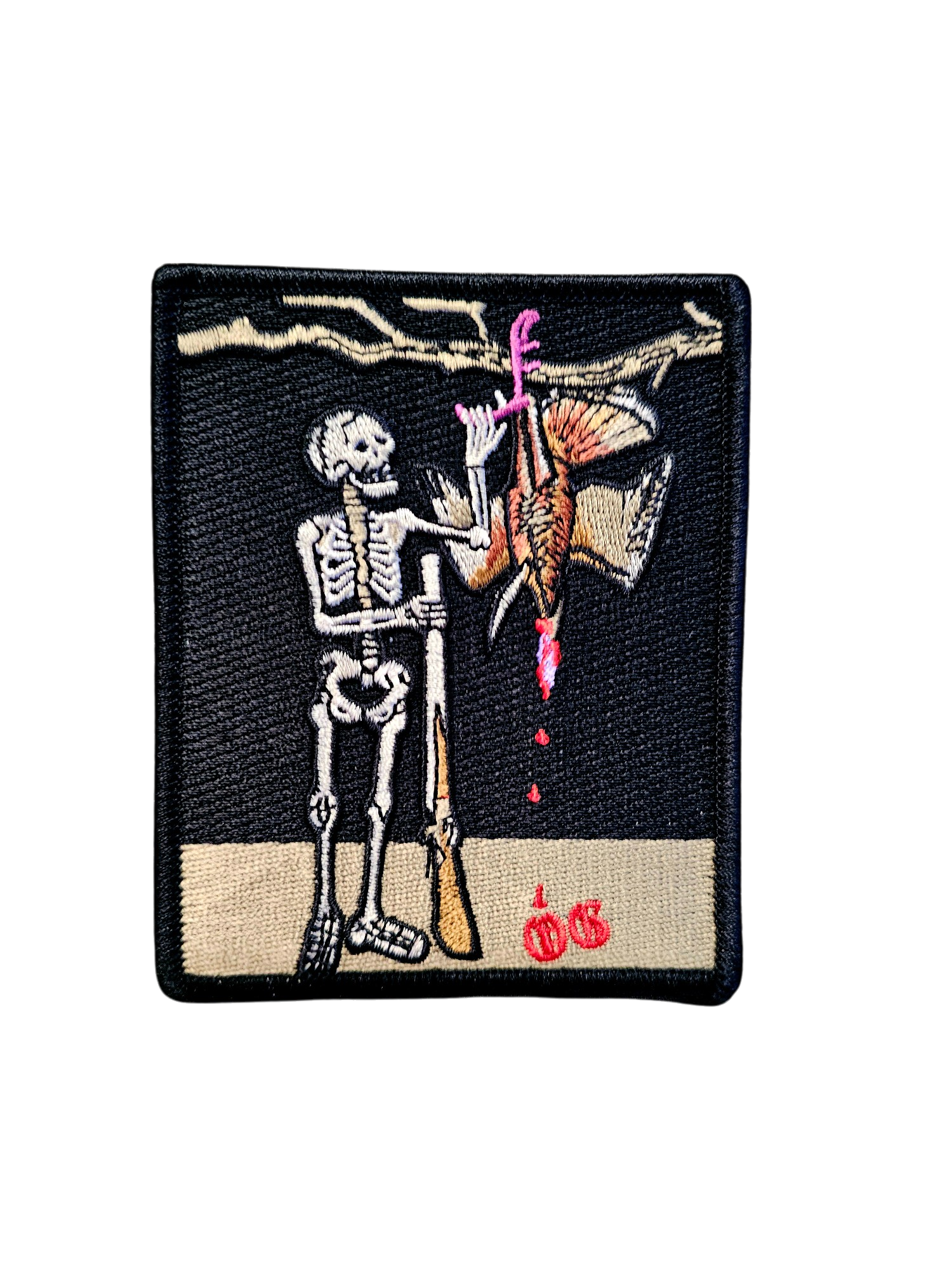        |
What's that popping sound?Started by Brillo, January 02, 2023, 10:18:24 PM Previous topic - Next topic
User actions
|
        |
What's that popping sound?Started by Brillo, January 02, 2023, 10:18:24 PM Previous topic - Next topic
User actions
|